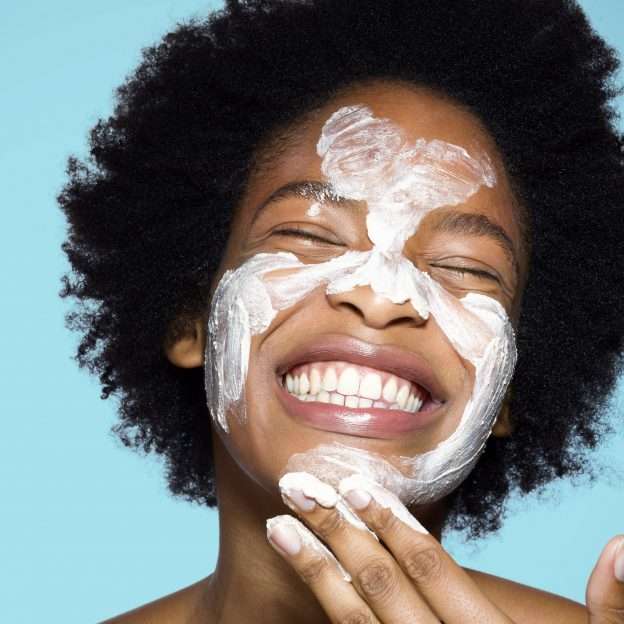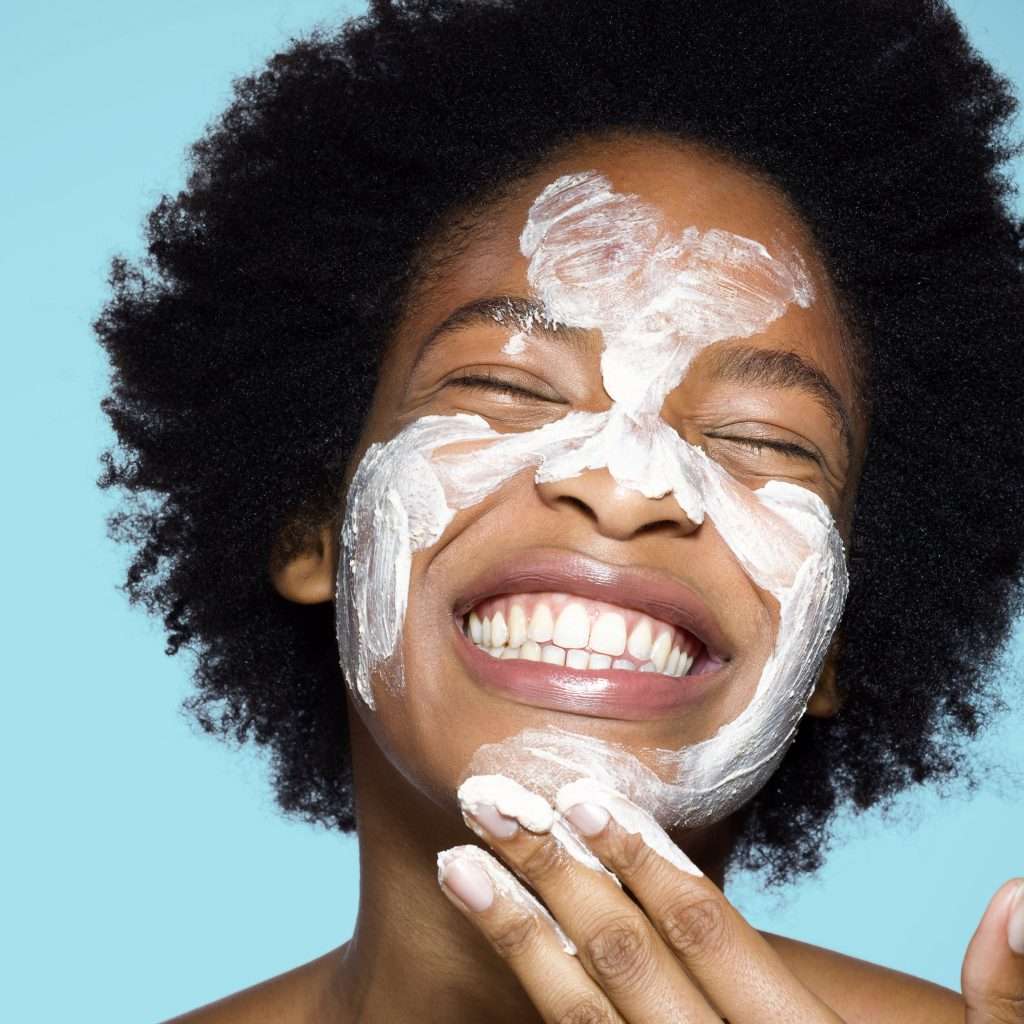
All You Should Know About Sunscreen: Its Benefits And How To Select The Right Type For Your Skin
- Anu
- May 27, 2020
- Beauty
- benefits of sunscreen, Sunscreen benefits, Sunscreen Benefits Types How To Apply, sunscreen day, sunscreen day 2020, sunscreen for women, sunscreen types
- 0 Comments

Sunscreen is an important part of your skincare routine yet not all women have fully embraced this essential product.
May 27 is known as ‘Sunscreen day’ and it is aimed at promoting the use of sunscreen and encourages people to learn more about its benefits.
What is Sunscreen?
Sunscreen also known as sunblock, is a lotion, spray, gel, foam that absorbs or reflects some of the sun’s ultraviolet (UV) radiation.
It is an important part of a complete sun protection strategy to safeguard against skin cancer and other skin conditions.
Here are some of its benefits.
ALSO READ: The 7 Best Affordable Sunscreens For Your Face
1. It protects your skin from harmful UV rays
The ozone layer is depleting and you need protection from the harmful rays of the sun as it can have various damaging effects on your skin.
Using sunscreen helps protect harmful rays from penetrating the skin and triggering skin disorders.
2. It prevents premature aging
The number-one cause of premature aging of the face is ultraviolet exposure.
Sunscreen thereby shields your skin from developing signs of premature aging, wrinkles and hyperpigmentation leaving you looking youthful and radiant for a few more decades.
The Three Main Types Of Skin Cancer Every Woman Should Know And Their Symptoms
3. Decreases risk of skin cancer
Using sunscreen daily reduces your risk of skin cancer. This is especially true of the deadliest form, melanoma.
Melanoma is the worst type of skin cancer, which can be life-threatening for women, particularly those who are in their 20s.
4. It prevents sunburn
If you have ever had sunburn, you understand just how unpleasant red, burning skin can be. Sunscreen, in combination with other precautions such as increased consumption of water, can help you avoid these issues, which can lead to nausea, muscle cramps and even brain damage if left untreated.
How to select the right sunscreen?
While there is no perfect sunscreen, selecting one that you like is the key motivating factor for regular use.
- Choose a sunscreen that’s labeled “broad-spectrum,” or ‘full spectrum’ because this means it protects against both UVA and UVB rays. UVA rays are the ones that prematurely age your skin, causing wrinkles and age spots, while UVB rays cause sunburn.
- Use a sunscreen that is waterproof and comes with a minimum SPF of 30. SPF which stands for Sun Protection Factor is a measure of how much UVB light a sunscreen can filter out. The SPF number tells you how well the product will protect you from UVB, the burning rays of the sun. Dermatologists recommend using an SPF of at least 30 and upwards as the higher the SPF number, the greater the amount of protection.
- Know your skin type to determine the right sunscreen to use
If you have acne or oily skin, your sunscreen should be ‘non-comedogenic,’ which means that it has been shown not to block pores.
If you have dry skin, look for moisturizers with sunscreen or sunscreens that contain hydrating ingredients. ( hyaluronic acid or ceramides.)
For sensitive skin, opt for a physical, or mineral, sunscreen that contains zinc oxide and titanium dioxide.
How to apply sunscreen?

Apply sunscreen for at least 20 to 30 minutes before you go outdoors. If you are out in the sun for a long time, it is better to reapply sunscreen every two hours.
Cover all exposed areas, including your ears, lips, face, and back of your hands. Make sure to apply a generous layer. Smooth it on rather than rub it in.
Sunscreen should be applied under your make-up. Apply your sunscreen first and allow it to sit for some minutes before applying moisturizer.
Experts also advise that sunscreen should be used even when you are indoors.
Is sunscreen for everyone?
Anyone who spends time outdoors should use a sunscreen. This includes men, women, and children; people who tan easily and those who don’t; fair-skinned and dark-skinned people.






